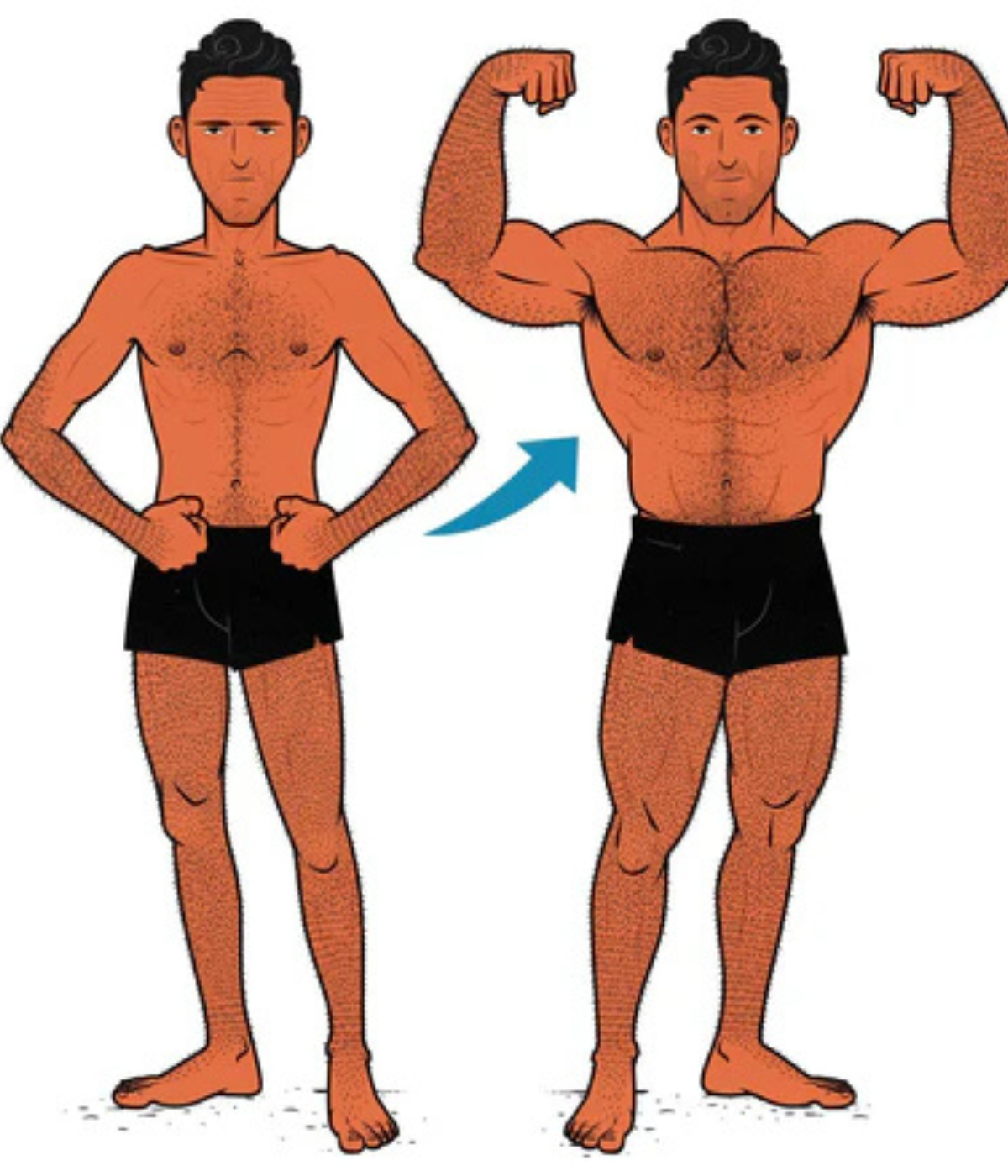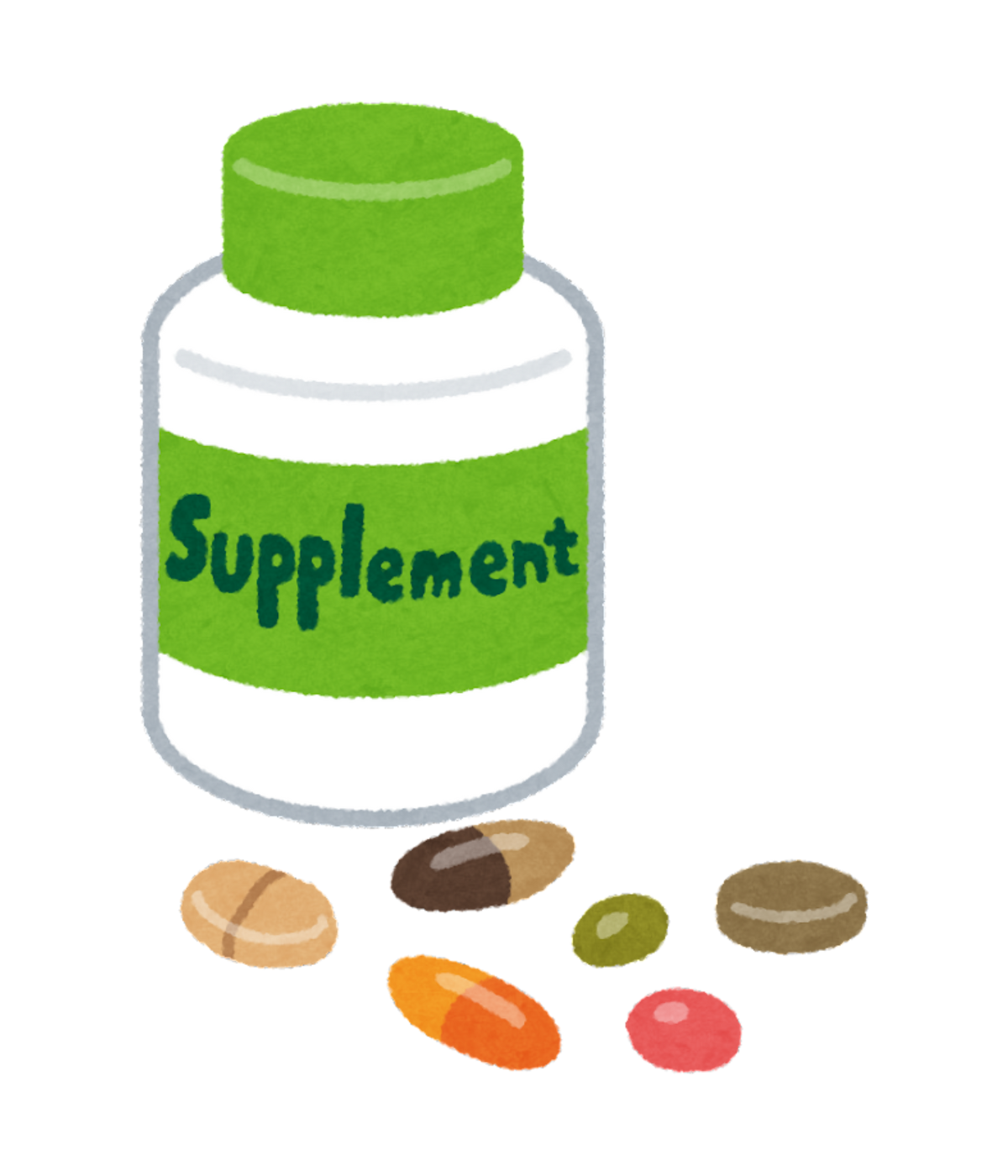Master Your Supplements: Boost Performance and Sidestep Industry Scams
Introduction
In the pursuit of peak athletic performance, supplements can be powerful allies. From increasing strength to enhancing recovery, the right supplements can give you an edge in your training and competition. However, the supplement industry is also fraught with misinformation and products that promise more than they deliver. In this blog post, we'll guide you through the essential supplements that genuinely work, explain how to use them effectively, and debunk some of the common scams that target athletes.
Essential Supplements for Optimal Performance
1. Creatine Monohydrate: Creatine monohydrate remains unrivalled for boosting power output and muscle volume. It helps regenerate ATP, your muscles' primary energy source during high-intensity activities. While the market is flooded with various types of creatine, stick to monohydrate for its proven effectiveness and cost-efficiency. Other forms often claim superior results, but these assertions lack substantial scientific backing, making them a less economical choice.
2. Protein Powder: Protein is crucial for muscle repair and growth. While the market offers an array of protein powders, including those marketed specifically to women, the truth is that protein is protein. Gender-specific protein powders are typically more expensive without offering any added benefits. Choose a high-quality whey or plant-based protein that fits your dietary preferences and budget.
3. Beetroot Powder: Beetroot powder is celebrated for its ability to enhance blood flow and oxygen delivery to muscles, thanks to its high nitrate content. This can lead to improved stamina and endurance, particularly in endurance sports. Incorporating beetroot powder into your supplement regimen can help you perform at your best for longer.
4. Pre-Workout (Celtic Surge): A specially formulated pre-workout like Celtic Surge can prepare your body and mind for intense activity. Ingredients like caffeine, beta-alanine, and nitric oxide precursors provide a surge of energy, improved focus, and enhanced blood flow, allowing you to train harder and longer.
5. Magnesium Supplement: Magnesium is essential for muscle function and preventing cramps; it also plays a role in energy production and protein synthesis. Supplementing with magnesium can aid in recovery and improve sleep quality, which is crucial for muscle repair.
6. Omega-3 Fish Oils: Omega-3 fatty acids are well-known for their anti-inflammatory properties, which can help reduce muscle soreness and speed up recovery. Regular intake can also support heart health and joint mobility, which are vital for long-term athletic performance.
7. Caffeine: Caffeine is a powerful ergogenic aid that can enhance mental focus and delay fatigue. It's a staple in many pre-workout supplements but can be taken separately to tailor its impact to your training schedule.
Navigating Supplement Scams in the Fitness Industry
As you navigate the supplement landscape, be wary of products that target specific genders or claim to regulate hormones naturally. These products often come with a hefty price tag and little scientific evidence to support their effectiveness. Always look for supplements backed by solid research and consult with health professionals to tailor your supplement stack to your specific needs.
Effective Supplement Stacking
To maximise your performance, consider stacking these supplements based on your athletic goals:
- Strength and Power: Creatine monohydrate, protein powder, and Celtic Surge.
- Endurance and Stamina: Beetroot powder, caffeine, and omega-3s.
- Recovery Focus: Magnesium, ZMA, and omega-3 fish oils.
Conclusion
By choosing the right supplements and avoiding industry pitfalls, you can enhance your athletic performance and achieve your fitness goals more effectively. Remember to consult with a nutrition expert or a healthcare provider before beginning any new supplement regimen, especially if you have underlying health conditions.
Post & Story Ideas
Pick a theme to see concrete content ideas with matching captions. Update your code/link above and they'll auto-fill here too.
Posting Tracker
Goal: 3 Celtic Surge posts this week (stories, reels or feed). Tick them off as you go.
Athlete Resources
Need Help? Affiliate Support
If you need more content, have questions about your code, payments or anything else, send us a message here and we will get back to you.







